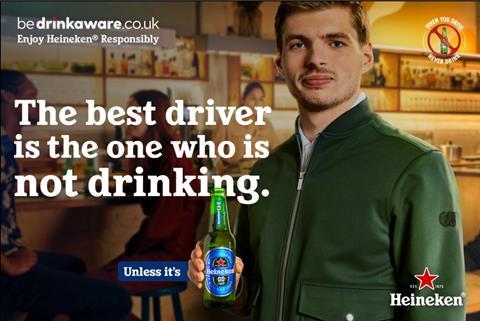
The ASA’s AI-powered Active Ad Monitoring System has uncovered a worrying number of adverts for alcohol-free products potentially in breach of regulations.
The advertising watchdog has this week published the findings of an ambitious trial using large language models to assess online advertising for alcohol against the rules set out in the UK advertising code (CAP Code).
While compliance with the CAP Code was generally high – 96% of the 6,000 online paid-for ads scanned as part of the trial were “likely to be in line with the alcohol specific advertising rules”, the ASA said – low & no advertising was a notable exception.
Some 48% of adverts for alcohol-free brands and products were flagged for potential breaches. Almost all of these related to unclear or missing abv labelling, The ASA said.
Possible breaches came from both larger and smaller brands, it noted, although around two-thirds were from “smaller or newer advertisers”, suggesting “lower awareness of the abv labelling requirement among SMEs”.
“Overall, and encouragingly, the alcohol sector appears to be overwhelmingly compliant with Section 18 of the CAP Code,” the ASA said. “There are some issues – across both large and small advertisers – but no evidence of widespread or systematic rule-breaking.
“In contrast, alcohol-free products present a more consistent issue, particularly around the failure to provide a prominent statement of their abv levels.
“The volume of unclear or missing information may indicate a need for further guidance to this sub-sector of ads to ensure clarity and consistency in this growing segment of the market.”
Both large and small suppliers guilty
SME brands could be more prone to breaching of the CAP Code as they “might not be big enough to have an in-house compliance person or team”, said Nicky Baker, regulatory projects manager at the ASA.
“Our hunch is that this is not about bad intent, it’s more a lack of awareness,” she said.
It is not only smaller brands failing to adhere to the rules, however. Last December, a Heineken 0.0 advert featuring Formula 1 driver Max Verstappen was banned for failing to provide sufficiently prominent statement of the product’s abv”.
The ASA was “not trying to name and shame advertisers”, but instead “raise awareness” of its own rules, Baker said.
Nevertheless, there was “no excuse for any bigger brands getting it wrong”, and the watchdog was planning to publish renewed guidance around alcohol-free marketing in light of the findings, she added.
Alibi marketing debate
The report’s conclusions could also reignite the debate about whether alcohol brands are leveraging looser rules around alcohol-free marketing to subtly promote their flagship products – a practice dubbed ‘alibi marketing’.
As part of a concerted push behind their alcohol-free variants, booze brands such as Guinness and Heineken have penned multimillion-pound deals to sponsor major sporting events including Formula 1 and rugby’s Six Nations championship. Heineken 0.0 also appears in Coronation Street and Emmerdale thanks to a partnership between the brewer and ITV.
Such deals enable the brands to circumvent advertising restrictions on full-strength alcohol, but critics have argued stricter rules are needed to protect vulnerable or underage viewers.
The ASA, however “hadn’t seen evidence” to suggest suppliers were “stealthily pushing marketing expense towards their low & no alcohol products and then failing to advertise them in line with the rules,” Baker said.
A spokewoman for Heineken UK said: “We take great care and pride in making sure all our marketing communications are delivered in a responsible way and also include clear labelling and communication that the product is alcohol-free.
“Far from creating confusion, these brands and campaigns are designed to make it easier for consumers to differentiate between alcoholic and non-alcoholic options and to make moderation more accessible and aspirational.”







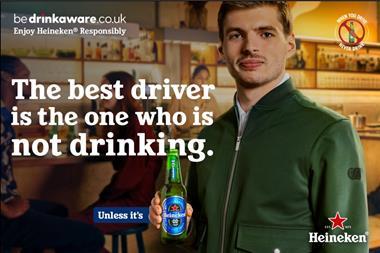
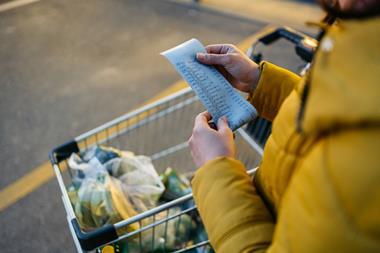

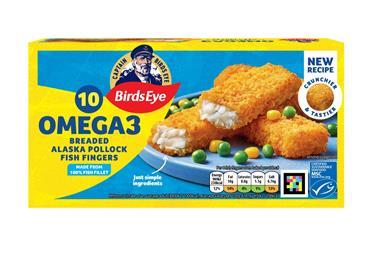

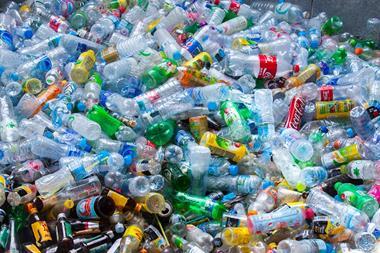






No comments yet